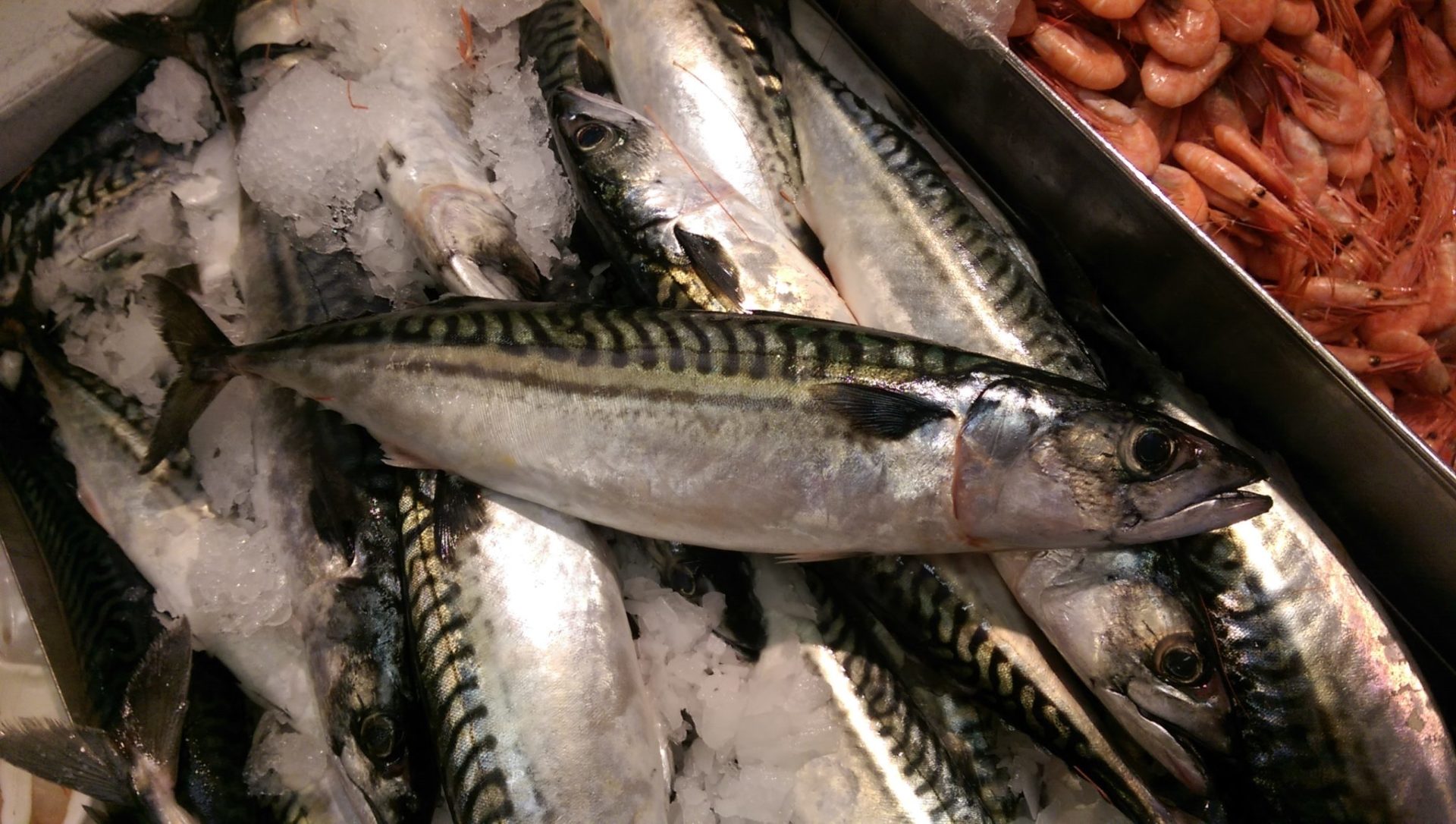How fully documented fisheries are transforming the fishing industry
The modern fishing industry faces numerous challenges: Around 38.5 million tonnes of bycatch are generated annually through common fishing methods. In addition, illegal and unregulated fishing accounts for an estimated 11-26 million tonnes, or 12-28%, of the global fish catch (Source: WWF).
But what if the fishing industry could optimise every aspect of its operations—reducing fuel consumption, minimising bycatches, and mitigating impacts on marine ecosystems?
A new benchmark for transparency
After more than 10 years of planning, this vision has become a reality with the launch of the Fully Documented Fisheries initiative by the Danish Pelagic Producers Organisation (DPPO). But how has this been achieved?
The DPPO has utilized video surveillance, AI, and sensor monitoring to ensure comprehensive documentation of fishing activities across all vessels. The data is stored in an independent system and made accessible to both national fishing authorities and the scientific community. This ensures not only that EU quality control standards are met, but it also sets a new benchmark for transparency and provides invaluable data for research.
The DPPO has utilised video surveillance, AI, and sensor monitoring to ensure comprehensive documentation of fishing activities across all vessels
Collaborative approach to low-impact pelagic fishing
At the heart of the Fully Documented Fisheries initiative is a strong commitment to sustainability and low-impact pelagic fishing. The DPPO recognizes the importance of responsible practices and emphasises collaboration with authorities, scientists, and civil society to achieve its goals.
By sharing data from sensors and cameras with relevant partners, the DPPO strengthens ecosystem management and shapes future regulations. This collaborative approach not only fosters continuous improvement within the industry but also empowers consumers to make informed decisions.
If you’d like to explore this initiative further, you can find more details on the DPPO website here: Fully Documented Fisheries – DPPO


